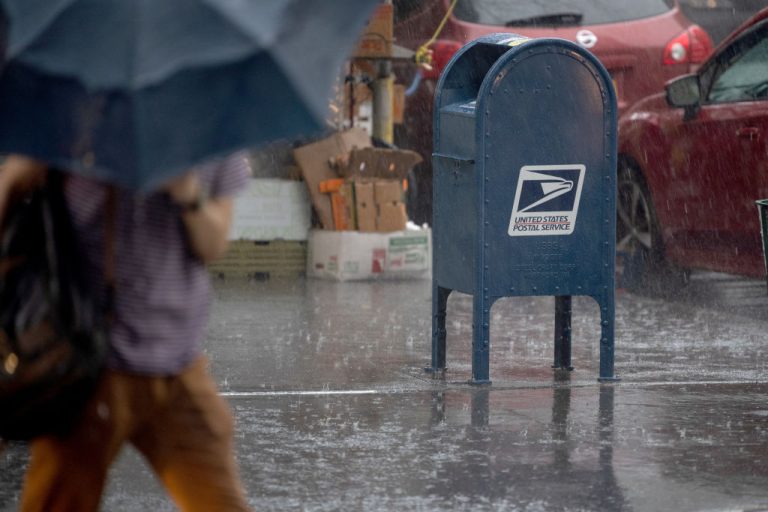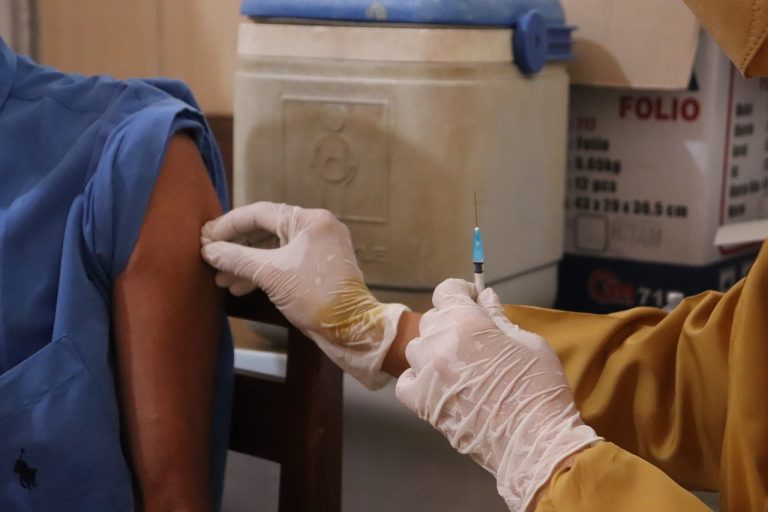A branch of the United States Postal Service (USPS) created to prevent misuse of the country’s postal system by online actors is now surveilling the Internet and social media for content that may dissent from the establishment narrative, according to reports.
An April 21 article published by Yahoo News exposed a concerning surveillance program conducted by a USPS federal law enforcement arm called the Internet Covert Operations Program (iCOP), which falls under the United States Postal Inspection Service (USPIS).
iCOP is supposed to track and collect social media and online content for the purposes of protecting the integrity of the mail system from entities such as drug runners, fraud, and criminal organizations. However, it appears analysts working at the Program have instead been tasked with combing social media posts to identify “inflammatory” postings which are then shared with relevant governmental departments.
On March 16, the Department of Homeland Security Fusion Centers distributed an official USPIS Bulletin classified as “Law Enforcement Sensitive” warning that iCOP had detected online chatter in advance of scheduled March 20 International Day of Protests, specifically citing the We Are the World Worldwide Demonstration and Global Action to Stop 5G protests.
The document was obtained by Yahoo News. However, the outlet did not specify where or how it was obtained.
Success
You are now signed up for our newsletter
Success
Check your email to complete sign up
The Bulletin stated that the location and times of the planned protests were being distributed through social media platforms, including “right-wing leaning Parler and Telegram accounts.” The document claimed “online inflammatory material has been identified, which suggests potential violence may occur,” yet backtracked in the next sentence with the statement, “However, there is currently no intelligence to suggest specific threats.”
The evidence the Bulletin relies on is a Parler thread that was started by known a Proud Boys member rebroadcasting the March 20 scheduled events, along with a screenshot of a separate Parler thread, mentioned in the same paragraph, where an unidentified user cautions members of the public planning to attend the protests: “There has been online posts saying patriots are going to confront BLM on the 20th.”
The warning is followed by a second user who responds, “Stop placating…Kick their ass. Humiliate them. Make them sorry they were born,” and a third user who states “Don’t just kick their asses. Do serious damage to them. Gouge out their eyes or cut off their hands.”
All three users are redacted from the screenshot, labelled Image 3. Neither the identity nor the veracity of the posters or their commentary is commented on in the Bulletin.
Instead, iCOP’s Bulletin frames the conversation in the following light, “Parler users have commented about their intent to use the rallies to engage in violence. Image 3 on the right is a screenshot from Parler indicating two users discussing the event as an opportunity to engage in a ‘fight’ and to ‘do serious damage.’”
“No intelligence is available to assess the legitimacy of these threats,” it concludes.
“This seems a little bizarre,” Rachel Levinson-Waldman, Deputy Director of the Brennan Center for Justice’s liberty and national security program, said to Yahoo. “Based on the very minimal information that’s available online, it appears that [iCOP] is meant to root out misuse of the postal system by online actors, which doesn’t seem to encompass what’s going on here. It’s not at all clear why their mandate would include monitoring of social media that’s unrelated to use of the postal system,”
“If the individuals they’re monitoring are carrying out or planning criminal activity, that should be the purview of the FBI,” she said. “If they’re simply engaging in lawfully protected speech, even if it’s odious or objectionable, then monitoring them on that basis raises serious constitutional concerns.”
University of Chicago law professor Geoffrey Stone, who had conducted a review of NSA data collection efforts following an expose by Edward Snowden, also told Yahoo he found it surprising the federal government was utilizing the postal service for online domestic surveillance.
Rep. Thomas Massie (R-KY) tweeted in response to the news, “Disturbing! Why do Presidents and my colleagues in congress tolerate these violations of the Constitution? Also, and unfortunately, the USPS has been losing money for many years… so where do they find money to run this surveillance program?”
When probing for comment from the USPIS on the story, Yahoo only received a generalized statement in response, stating that iCOP “assesses threats to Postal Service employees and its infrastructure by monitoring publicly available open source information.”
“Additionally, the Inspection Service collaborates with federal, state, and local law enforcement agencies to proactively identify and assess potential threats to the Postal Service, its employees and customers, and its overall mail processing and transportation network.”
The Postal Service did not elucidate as to why or how the March 20 Global Day of Protests were considered a threat to the Postal Service or its employees.
Arvind Datta contributed to this report.













